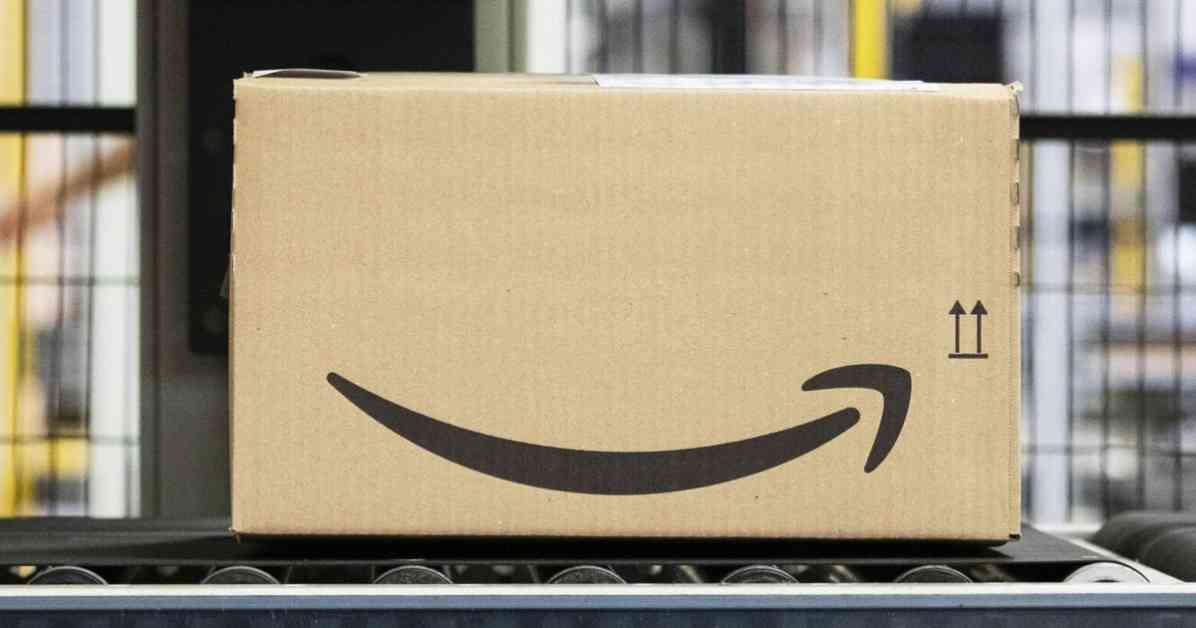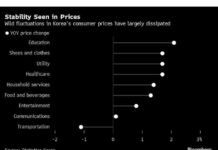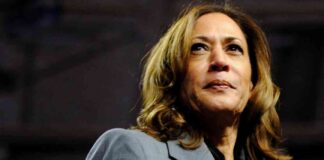**Washington Supreme Court Ruling Sets Precedent on Price Gouging in Amazon Case**
In a groundbreaking decision, Washington’s Supreme Court ruled in favor of consumers who alleged they were victims of price gouging on Amazon’s digital store at the onset of COVID-19 lockdowns. The ruling, delivered by seven Washington Supreme Court Justices, determined that the price-gouging allegations against Amazon could constitute an “unfair” business practice under Washington’s Consumer Protection Act. This ruling paves the way for a proposed class-action lawsuit against the tech giant to proceed, setting a significant precedent in the state’s legal landscape.
**Legal Implications of the Ruling**
The ruling holds particular significance as Washington does not have a specific statute that prevents excessive price increases in times of emergency, such as those following a natural disaster or during a global pandemic. Amazon, which had previously stated its intolerance for price gouging, argued in court that Washington’s Consumer Protection Act did not explicitly prohibit price gouging, and therefore should not apply in this case. However, the Supreme Court Justices found Amazon’s arguments to be “unpersuasive” and “unconvincing.”
While the court’s decision did not conclusively determine whether Amazon had engaged in price gouging, it does open the door for further investigation into the matter. Seattle attorney Steve Berman, representing the consumers in this case, emphasized that the ruling broadened the scope of what could be considered an unfair business practice, providing shoppers with additional protection against such conduct.
**Case Background and Allegations**
The case originated from a complaint filed in U.S. District Court for the Western District of Washington in October 2021 by five plaintiffs from California, Arizona, and North Carolina. These plaintiffs alleged that Amazon had inflated prices on essential goods during the early stages of the pandemic, making it difficult for them to access necessary supplies. The items in question included cleaning supplies, distilled water, dry yeast, ramen noodles, and ingredients for hand sanitizer.
The plaintiffs argued that they had no viable alternatives to purchasing these items from Amazon due to health and safety concerns or the inability to physically visit other stores. They further contended that Amazon controlled both its own product pricing and those of third-party merchants on its platform, leading to significant financial harm for consumers.
**Supreme Court’s Findings and Opinions**
In their majority opinion, the Supreme Court Justices affirmed that Washington’s Consumer Protection Act applied to the price gouging allegations. They concluded that if the plaintiffs’ claims were accurate, Amazon had indeed violated the Consumer Protection Act by causing substantial financial harm that could not be reasonably avoided. The justices highlighted the widespread impact of Amazon’s actions and emphasized the lack of meaningful choice for consumers impacted by the price increases.
While Justice Helen Whitener authored the majority opinion, Justice Barbara Madsen and Judge David Keenan provided concurring opinions. Madsen agreed that the Consumer Protection Act applied but stopped short of determining whether Amazon had violated the law. Keenan’s opinion addressed the scope of reasonable business practices under the act and disputed Amazon’s assertions regarding potential price controls.
**Implications for Amazon and Consumers**
The Supreme Court’s ruling marks a significant development in the ongoing legal battle between consumers and Amazon. If the case proceeds to trial, Berman anticipates that it may take up to two years before a jury delivers a verdict. In the interim, he plans to investigate Amazon’s definition of price gouging concerning third-party sellers and compare it to the company’s internal policies.
Should the jury rule in favor of the consumers, those who overpaid during the alleged price gouging period could be entitled to refunds. Berman believes that a favorable outcome for the plaintiffs could prompt Amazon to exercise greater caution in its pricing practices in the future, benefiting consumers and fostering fair competition in the e-commerce industry.
**Conclusion**
The Washington Supreme Court’s ruling sets a precedent in the state’s legal framework by expanding the definition of unfair business practices to include allegations of price gouging. This decision underscores the importance of consumer protection laws and highlights the role of the judiciary in safeguarding the rights of individuals against corporate misconduct. As the case progresses through the legal system, it will continue to shape the landscape of consumer rights and business practices in Washington and beyond.






















